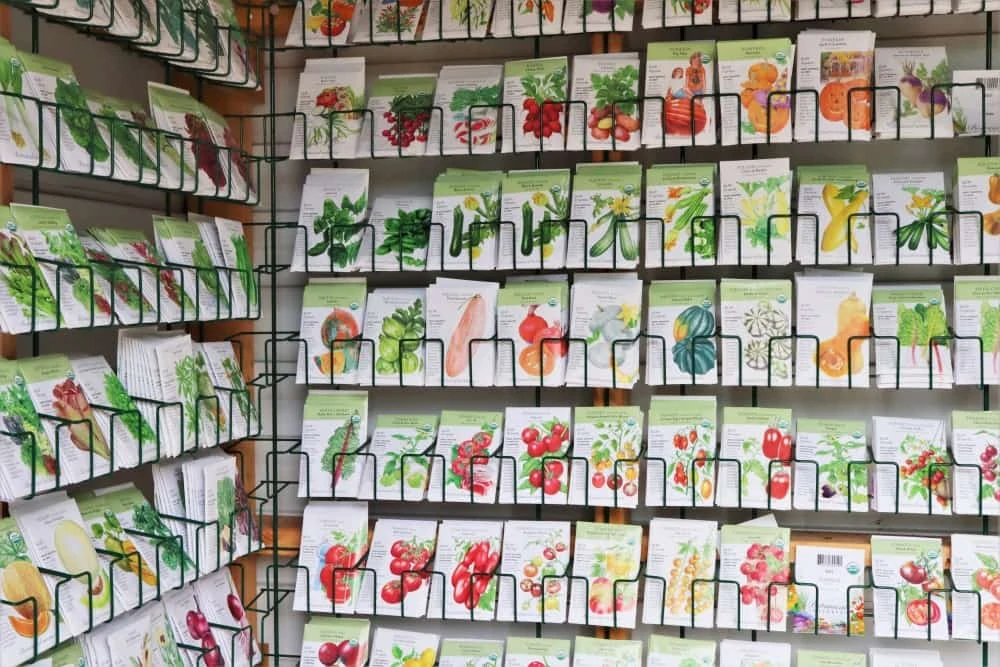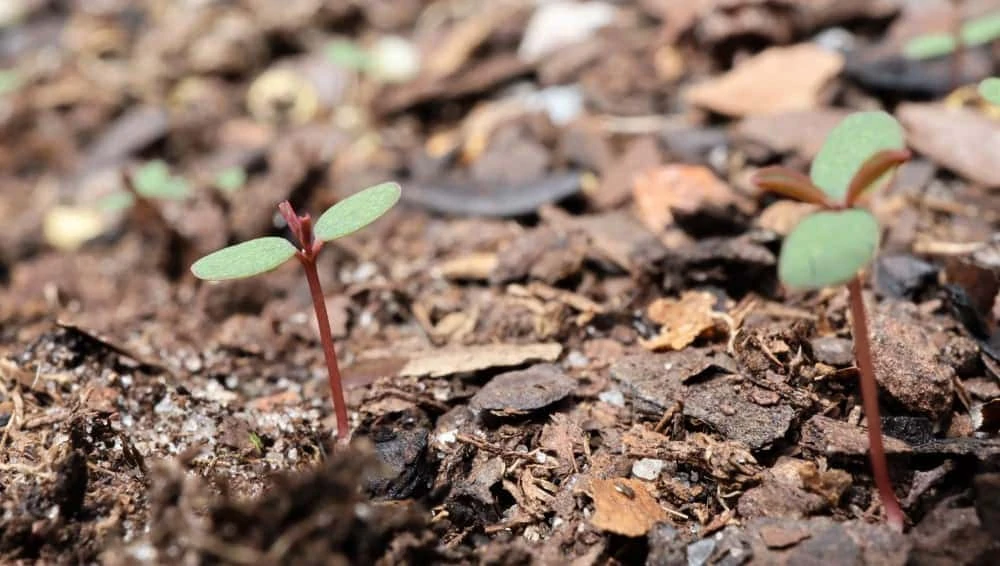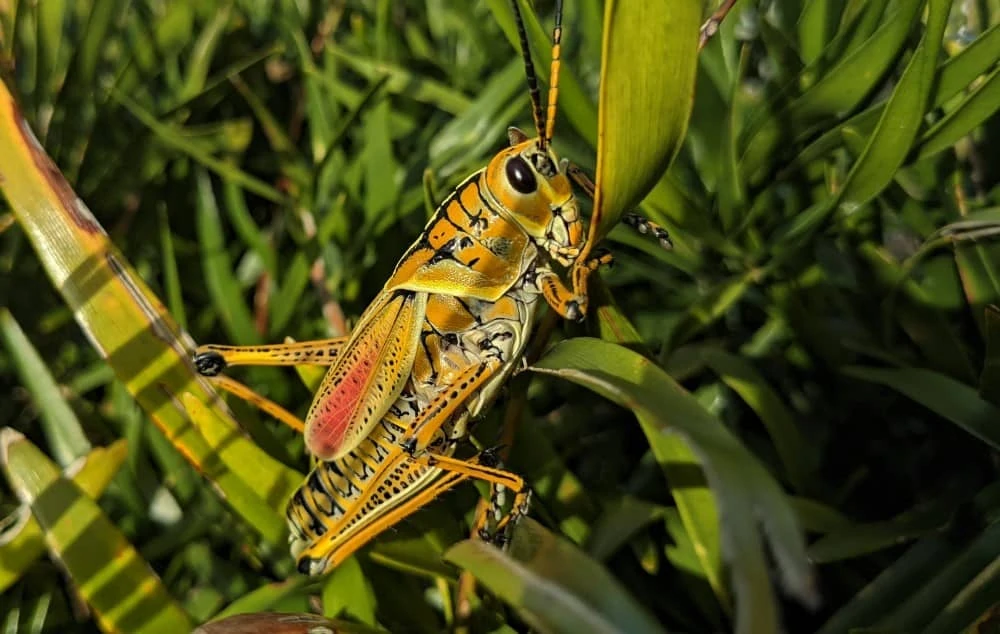by Amanda Rose Newton
If I had to choose, September would be my vote for the best month to garden in Brevard County. Not only are the temperatures cooling off, but now that hectic beginning-of-the-school-year schedules are calming down, there is time to get back outdoors and in the garden.
If you are wondering what you can and cannot plant this month, you have an overwhelming number of options! To help steer you in the right direction, we will share our favorite seeds to start this month, as well as a sampling of vegetables, herbs, and fruits ready to go in the ground now.
Get your trowels ready!
Seeds

With seeds, you have a couple of choices. You can start them indoors in a sunny window or you can sow them directly into the ground or raised bed. The list included here allows flexibility with both options.

If starting indoors, make sure to choose a soil-less germination mix, as that will be nice and light, which is ideal for new seedlings. Once the first leaves have sprung and the stem is a few centimeters in diameter, you can transplant to the outdoors. Be sure to read the instructions on the seed package for specifics on when to expect seedlings to be transplant-ready!
Vegetable Seeds
- Garbanzos, Bush Lake Blue, Roma, and Cherokee Wax Beans
- Beets
- Broccoli
- Brussels Sprouts
- Cabbage
- Carrots
- Cauliflower
- Celery
- Chinese Cabbage
- Collards
- Cucumbers
- Eggplant
- Endive
- Kale
- Lettuce
- Mustard Greens
- Onions, bunching
- Peppers (sweet and hot)
- Radish
- Spinach
- Summer Squash
- Swiss Chard
- Tomatoes
- Turnips
Shop our Seeds here
Herb Seeds to Plant
- Anise
- Basil
- Borage
- Chervil
- Coriander
- Dill Fennel
- Garlic
- Ginger
- Parsley
- Rosemary
- Sage
- Thyme
Shop our Herbs here
Fruit Seeds
- Strawberries
Seedlings

If you are more on team instant gratification, there are plenty of more mature plants you can plant sooner than later. Our picks:
- Arugula
- Beets
- Brussels sprouts
- Broccoli
- Collards
- Eggplant
- Kale
- Lettuce
- Peppers
- Strawberry
- Tomatoes
- Basil
- Coriander
- Parsley
- Dill
- Fennel
If you are looking for something different:
- Longevity Spinach
- African Blue Basil
- Black-eyed Pea
- Jack-O-Lanterns
Planting Success
If you are lucky enough to have containers or a raised bed, creating an ideal environment for your herbs, veggies, and small fruits is a breeze.
Use a good quality mix designed for raised beds, like our garden soil mix, which contains healthy amendments like compost while still being lightweight.
Speaking of compost, if you have it, use it! Garden veggies LOVE compost and it might be the only fertilization you need. If you want to give your new plants an extra boost, consider using liquid seaweed, which is a safe, easy to use fertilizer that gives a dose of minerals and vitamins. And as always, chop n’ drop your old plant material.
Pests and Diseases

Bugs and Fungi love vegetables as much as we do. In order to keep control of your garden, be sure to diligently keep an eye out for pests and only use chemical controls (make sure they’re safe to use on edibles) as a last resort.
For more information on managing pests, check out our blog on home garden integrated pest management.
If you have been dreaming of a bounty of fresh produce, the time is now! Get the most out of the harvest season by planting your seeds and seedlings this month.


